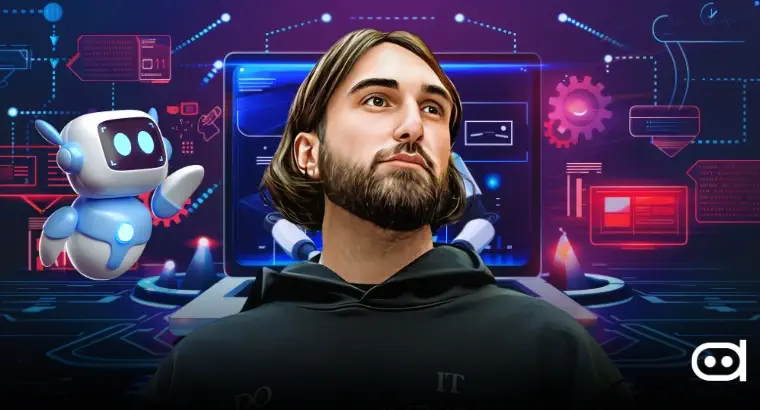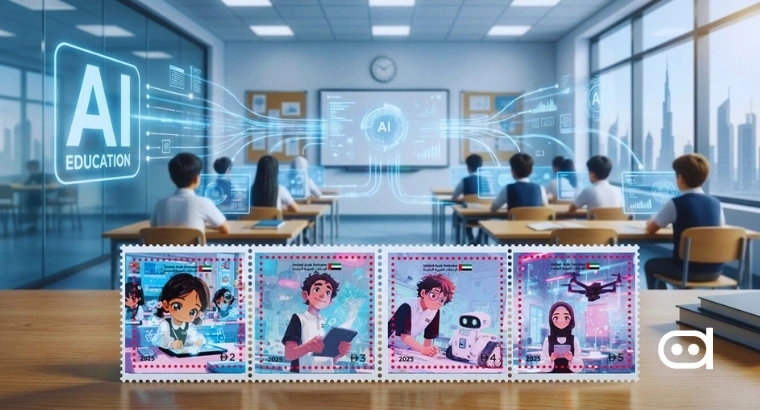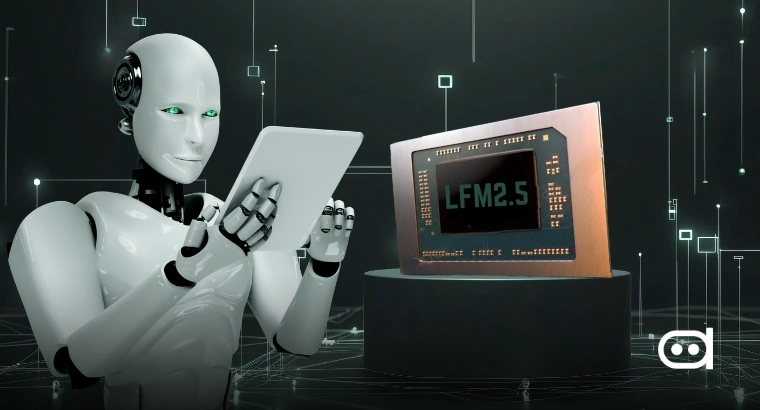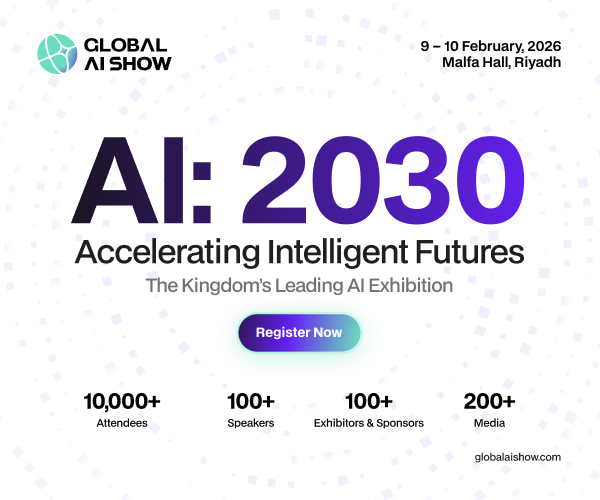
- In a recent video interview, Cohere CEO Aidan Gomez delved into the complexities of training AI models to reason, plan, and solve problems. He emphasized that the key to unlocking these advanced capabilities lies in training AI on specific datasets demonstrating the desired functions.
- Gomez’s insights shed light on how this approach could significantly enhance the functionality and reliability of AI systems, potentially revolutionizing various industries. The interview offers a glimpse into Cohere’s innovative strategies, which aim to push the boundaries of what AI can achieve.
Training AI for Reasoning and Problem-Solving
Cohere CEO Aidan Gomez discusses the future of artificial intelligence (AI) and how his company is leading in teaching AI models to reason, plan, and solve complex problems. Gomez’s talk underscores the importance of training AI on targeted datasets that exhibit desired cognitive abilities. The traditional approach to training AI is often based on feeding it lots of random information, which does not result in higher-level thinking such as planning or reasoning.
Gomez explains that these datasets must be meticulous enough to demonstrate both the problem-solving process and the logical reasoning behind it. This will help the models grasp decision-making, just like humans learn from experience. This kind of education for AI should not be limited only to pattern recognition but also allow for deduction, speculation, or decisions based on understanding context and effects.
One notable point from Gomez’s interview was his argument that failures and successes in reasoning and planning must be incorporated into data used for training AI models. In this way, models can teach themselves from their own mistakes, something absolutely missing in AI before. By ensuring these components are part of training data, according to Gomez, AI may become a more advanced problem solver with real-life applications.
The consequences are far-reaching. Suppose artificial intelligence can develop practical reasoning and planning skills through training. In that case, it has the potential to completely revolutionize industries such as healthcare or finance, where complex decision-making processes are critical. For illustration purposes, when diagnosing illnesses, reasoning using symptoms and patient medical histories can facilitate physicians’ work by utilizing such technology to make financial investing more accurate by considering several possible variables.
Besides, Gomez delves into ethical considerations regarding enhanced artificial intelligence training methods. Even though there are significant potential benefits associated with it, he agrees that stringent controls have to be put up so as not to lose control over systems equipped with artificial intelligence. This involves the representation of different groups within society without any bias when selecting datasets for use in training AI models, as AI systems can end up reinforcing existing societal biases. Gomez insisted that the ethical aspect of its choices gets more critical as it becomes better in reasoning and planning.
ReadMore:Transform Your AI Image Creations with Fuzer Medium v0.3
Aidan Gomez’s interview presents a captivating view into where AI is headed and how Cohere is creatively pushing the limits of what AI can do. By focusing on teaching specifically curated datasets that enhance an AI’s ability to reason and plan, Cohere has set the stage for a new generation of Artificial intelligence. In addition to seeking to make artificial intelligence more proficient at solving intricate problems, this approach poses formidable ethical questions that must be answered concerning changes in the future.
Conclusion:
Aidan Gomez has presented a bright future for AI, where machines can engage in reasoning, planning, and problem-solving like humans. This new technique for training AI by Cohere, using narrow curated data sets, could disrupt many sectors and make the technology more valuable and dependable. Nevertheless, with improved capabilities, there comes an increased necessity for ethics, including rules to guarantee responsibility and the development of AI. On the other hand, according to Gomez’s vision of AI technologies, it is concerned with technological developments and ensuring positive impacts on human life at large.











